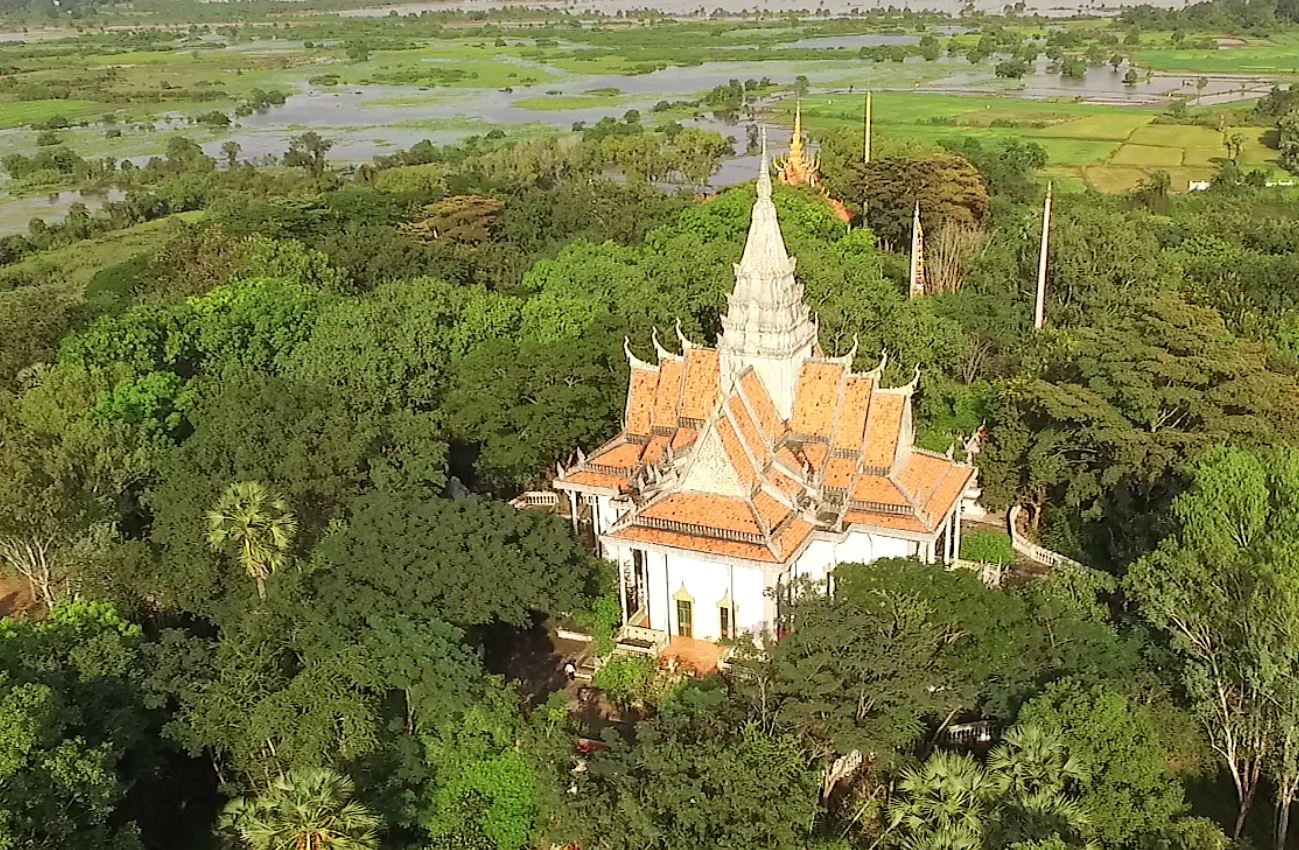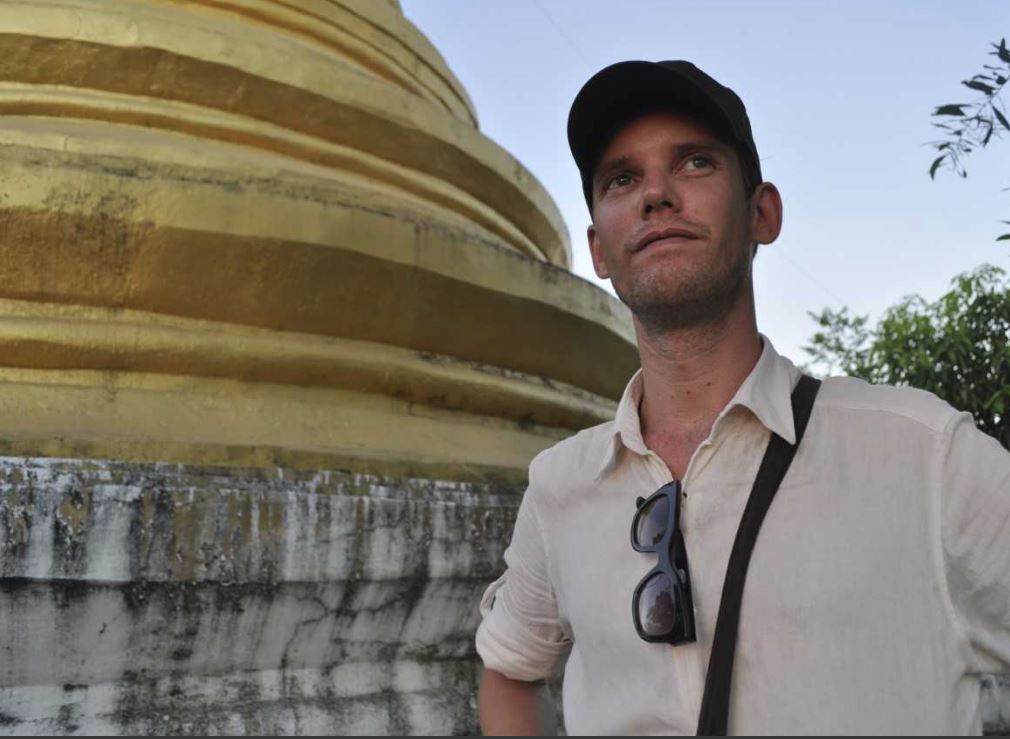
Sacred medieval cities whose true scale was unknown to the modern world and a civilization’s forgotten story are being unearthed in Cambodia where the decline of Angkor changed the history of Southeast Asia.
But Flinders University archaeology experts will return to Cambodia’s ancient capitals near the UNESCO World Heritage site of Angkor and its temple of Angkor Wat, the largest religious monument in the world, to continue discovering unexcavated cities.
Dr Martin Polkinghorne, an archaeologist and research fellow at Flinders University, who works in collaboration with the Ministry of Culture of the Royal Government of Cambodia, has just travelled to Singapore to present the ground-breaking findings of his team’s research at the Asian Civilisations Museum, where an exhibition is being launched.
“We believe we have unearthed a palace beneath the rice fields on the banks of the Tonle Sap River which is improving our understanding of Cambodia after Angkor’s decline from the mid- 14th century,” says Dr Polkinghorne during National Archaeology Week.
“Until now what transpired during those dark ages has remained largely a secret.”
Dr Polkinghorne continues to dig for answers as part of a joint research team looking at other cities and surrounds in the period after Angkor, to expand the limited information that remains about the ancient settlements.
“Cambodians and the rest of the world will no longer have to rely on complex texts which are difficult to understand in order to have a deep knowledge about the changes which took place in Southeast Asia centuries ago,” Associate Professor Polkinghorne says.

Part of the research is using cutting-edge laser technology supplied by the Cambodian Archaeological Lidar Initiative (CALI) and supported by the Cambodian Government.
This technique was recently employed to reveal undocumented settlements underneath the tropical forest which would have made up the largest city on Earth at the time.
“Archaeology is rewriting history and challenging the idea that civilisation took a backward step during this period in ancient history, instead we have begun to understand these time periods weren’t dark at all.”
When Dr Polkinghorne finishes presenting his findings at the launch of an Angkor exhibition in Singapore, he will head back to Cambodia in pursuit of possible sites to begin fieldwork in June.
“We are delighted to work hand-in-hand with the Cambodian Ministry of Culture and the people of Cambodia to share the history of our region with the world.”
“I will be scoping out possible dig sites for future fieldwork and meeting the Cambodian Minister of Culture to discuss how Flinders can continue to collaborate with Cambodia, it’s an exciting time with more discoveries on the horizon.”

